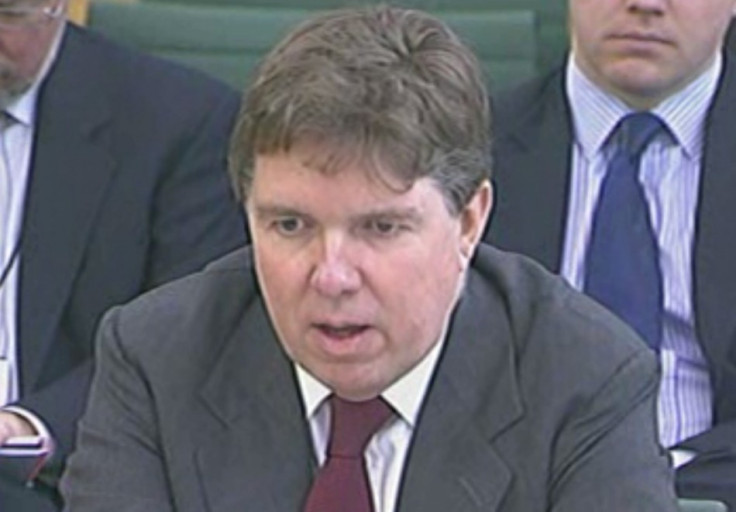MPC Members Hint at Weakening Sterling

Bank of England monetary policymakers gave strong hints in a hearing with MPs on the Treasury select committee that the pound is likely to weaken further amid its attempts to stimulate the British economy.
Monetary Policy Committee members at the session made much of their mandate being for flexible inflation targeting, that there is further room for quantitative easing under their asset purchase programme, and that they think the real exchange rate must fall to aid the economy's rebalancing.
"Nobody on the Committee thinks that QE has reached the end of the road and that it's not a useful instrument anymore," Paul Tucker, a deputy governor at the BoE, told MPs.
"We stand prepared to do more, if we judge that necessary."
Tucker also said that the BoE feels the real exchange rate "needs to fall compared with where it was a few years ago to get the necessary rebalancing in the economy."
Under the BoE's quantitative easing programme it has bought up around £375bn of gilts in order to improve market liquidity. This has held bond yields down at record-lows.
Inflation has hovered above its 2 percent target since December 2009, peaking at 5.2 percent in September 2011 as the Bank of England loosened its monetary policy in the aftermath of the financial crisis that has crippled the UK economy.
The BoE's remit is to bring inflation to target across the medium-term.
"I along with the rest of the committee are flexible inflation targeters," said MPC member Ian McCafferty.
"The Bank and the MPC has been a flexible inflation targeter since its inception back more than 20 years ago now."
McCafferty added that the MPC must "be mindful of the fact of causing undue volatility in output in the short term".
Professor David Miles, another MPC member, said that he has "always thought that the remit defined flexible inflation targeting and that remit hasn't changed."
George Mudie MP, who sits on the Treasury committee, pressed Tucker on the possibility of extending the asset purchases past solely gilts, pointing to the minutes of a recent MPC meeting where alternatives had been discussed.
"I have absolutely no theological or other religious or principled objection to us buying non-gilt assets," said Tucker.
When Mudie asked for a specific list of the potential assets which he thought QE's purchases could be extended to, Tucker refused.
"I think it would be wrong for us to carry around a menu," he said, as the exchange grew heated.
Worries over FLS and SMEs
MPs also pressed the MPC members on the Funding for Lending Scheme (FLS), an initiative launched in June 2011 that is designed to incentivise the flow of affordable credit from banks into the real economy.
Banks are offered discounted loans to a value tied with their stock lending to the real economy. This means they can access money from the BoE at a cheaper rate than in the market.
So far it appears to have had a significant effect on the residential mortgage market, with approvals rising and interest rates falling.
However, the scheme has been criticised for not having enough of an impact on lending to small and medium-sized businesses.
"I am worried, as are others, that our current battery of credit policies may not be reaching as far into the SME sector as they might, and I should make clear that in saying this I'm speaking for myself," said Tucker.
He pointed out the fact that not all SME lending comes from banks.
"I think we should have a think - I'm neutral about what the outcome should be, to be clear with you - I think we should have a think about can we harness non-bank lenders in some way?" he said.
"I find it regrettable that the markets for working capital finance in this country aren't as healthy as they were a generation or so ago ... I actually think the authorities at the Bank could play a role in that.
"The lifeblood of working capital finance, to medium-sized firms at least for around a century, was a trade finance instrument that was transferable and that was marketable and that we would buy and there is so much debate about the Bank of England not being prepared to lend to companies, and that isn't true, we are lending to companies via the FLS.
"I would simply like to explore whether or not some kind of working capital finance instrument could be rejuvenated."
Tucker said he does not have a specific or detailed plan for how this could happen, just that he would like a debate on the potential for such a policy to be adopted.
© Copyright IBTimes 2024. All rights reserved.









